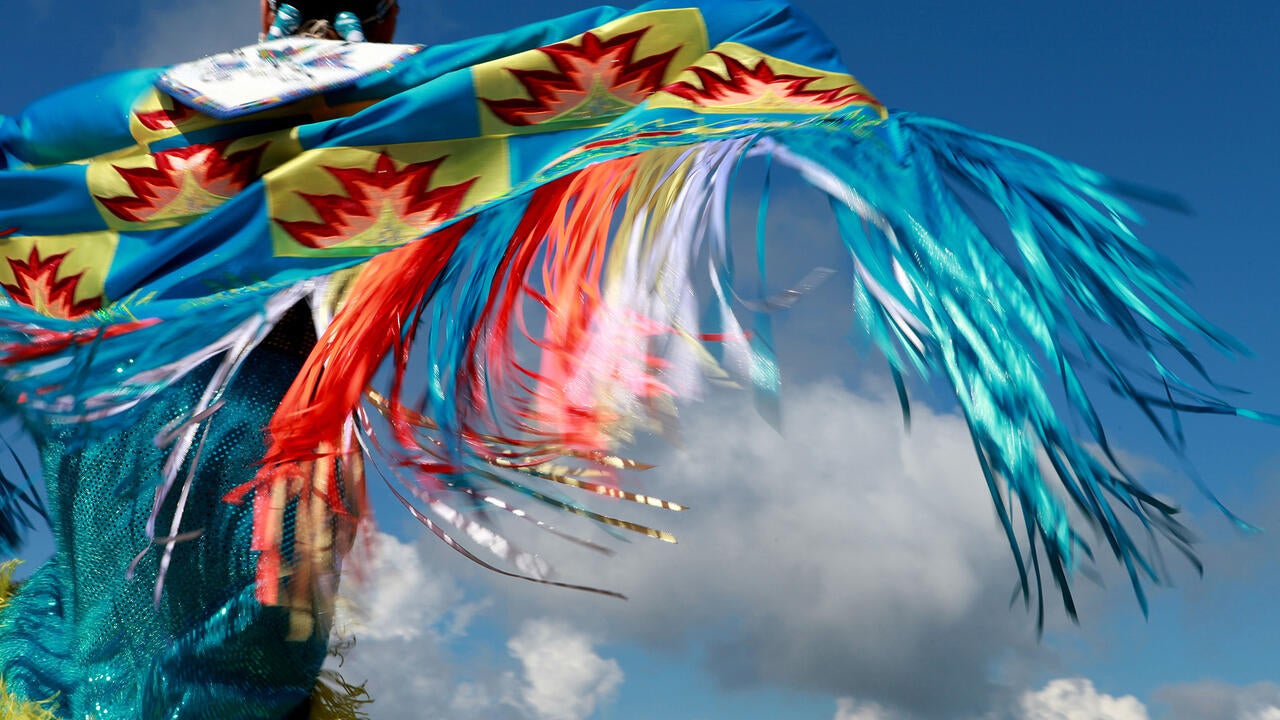
National Indigenous History Month
Why NIHM should be important to everyone

Why NIHM should be important to everyone
By Joy Braga Indigenous Initiatives OfficeToday marks the 12th anniversary of National Indigenous History Month, which started in 2009 with the passing of a unanimous motion in the House of Commons. In June, we celebrate and honour the history, heritage and diversity of First Nations, Inuit and Métis Peoples in Canada. Indigenous Peoples’ vast contributions, both past and present, shape Canada and this month is a time for all Canadians to learn about, appreciate and acknowledge these immense contributions.
This June it is particularly urgent for us to acknowledge Canada’s historic and ongoing colonial relationship with diverse First Nations, Inuit and Métis peoples, and actively work within our own spaces, communities, places of work, and families to advance the Truth and Reconciliation Commission of Canada: Calls to Action.
On May 28, the remains of 215 children were found at the site of a Kamloops residential school. It is imperative that we acknowledge and honour the lives of each of these children — and thousands of others — while acknowledging and addressing the ongoing impacts of these losses for communities across this country. Learn more about residential school systems in Canada, and their historic and ongoing impacts.
While the entire month of June represents an opportunity to learn about Indigenous history and culture, June 21 is especially important because it is National Indigenous Peoples Day (previously called National Aboriginal Day when it was announced in 1996). June 21 also marks the arrival of the summer solstice and the longest day of the year. This date has cultural, historical and spiritual significance for many groups around the world, particularly the Indigenous Peoples. While this day is recognized as a statutory holiday in the Northwest Territories and Yukon, it is not yet a statutory holiday in the rest of Canada.
As a non-Indigenous student at the University of Waterloo, I believe it is especially important for non-Indigenous people to commemorate this special month and take the time to learn about Canada’s treatment of Indigenous Peoples. Canada’s dark history of colonialism, racism and violence towards Indigenous communities continues to impact the lives of many today. With this in mind, we should also recognize the strength of Indigenous communities in present-day Canada as we work towards reconciliation and decolonization. Regardless of race or ethnicity, it is essential for everyone to learn about Indigenous history and culture so we can build a future based on equity, fairness and inclusion for all Indigenous Peoples in Canada. Whether you are learning for the first time or already have a deep understanding of these topics, I encourage you to explore new resources and attend the virtual events hosted by the Indigenous Initiatives Office this month.
The Indigenous Initiatives Office is excited to host a series of virtual events and resources to celebrate and give the University of Waterloo community the opportunity to learn more about National Indigenous History Month and National Indigenous Peoples Day.
University events planned for the month include:
For more details, registration information and resources, visit the Indigenous Initiatives Resource Page.

Read more
Savanah Seaton wants to help employers create workplaces where Indigenous employees can feel a sense of belonging and fully contribute their untapped knowledge, skills and abilities.

Read more
St. Paul’s University College rolls out training initiative for Indigenous students

Read more
Canada Research Chair dedicates project to redressing educational and leadership inequities
The University of Waterloo acknowledges that much of our work takes place on the traditional territory of the Neutral, Anishinaabeg, and Haudenosaunee peoples. Our main campus is situated on the Haldimand Tract, the land granted to the Six Nations that includes six miles on each side of the Grand River. Our active work toward reconciliation takes place across our campuses through research, learning, teaching, and community building, and is co-ordinated within the Office of Indigenous Relations.